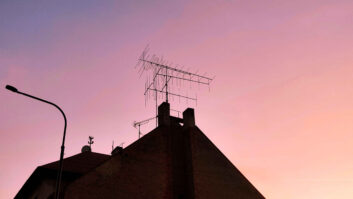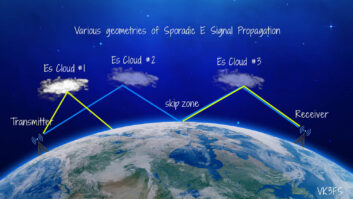Whether and how the FCC should adopt a flexible second-adjacent waiver standard in order to get more low-power stations on the air in urban areas is a huge bone of contention between full-service stations and LPFMs.
Low-power FM proponent Prometheus Radio Project is urging the FCC to grant such waivers of the commission spacing rules as one of the recommendations it is making in comments filed to the FCC regarding implementation of the Local Community Radio Act.
“We estimate that without these waivers, opportunities for low-power radio stations will be cut in half in the top 150 markets,” writes Prometheus, which adds that LPFMs and FM translators should be treated equally when it comes to these waiver requests.
The commission has eliminated third-adjacent channel protection for full-service FMs and asked under what conditions it could consider waiving second-channel protection.
NAB says a second-adjacent waiver should be granted only under extremely limited circumstances, calling the LCRA language on such requests an “unambiguous mandate that LPFM stations receiving such waivers ‘will not result in interference to any authorized radio service.’”
The stringent remediation and automatic shutdown procedures for interfering LPFM stations on second-adjacent channels further demonstrate Congress’ intent to protect full-power stations, writes NAB.
When the commission does open an LPFM filing window, it’s probably going to receive lots of applications from those asking for second-adjacent waivers, including many that don’t comply either with LCRA or the FCC’s rules. The commission needs to be prepared to address waiver requests that are technically deficient and others that, after approval, result in interference to full-power FMs, writes NAB.
Prometheus also asked the commission to give applicants at least six months between the final rules for the next LPFM application window and the start of that window to reduce burdens on LPFMs and make the filing process more efficient.
Comments to Docket 99-25 were due by May 7. Reply comments are due by May 21.





